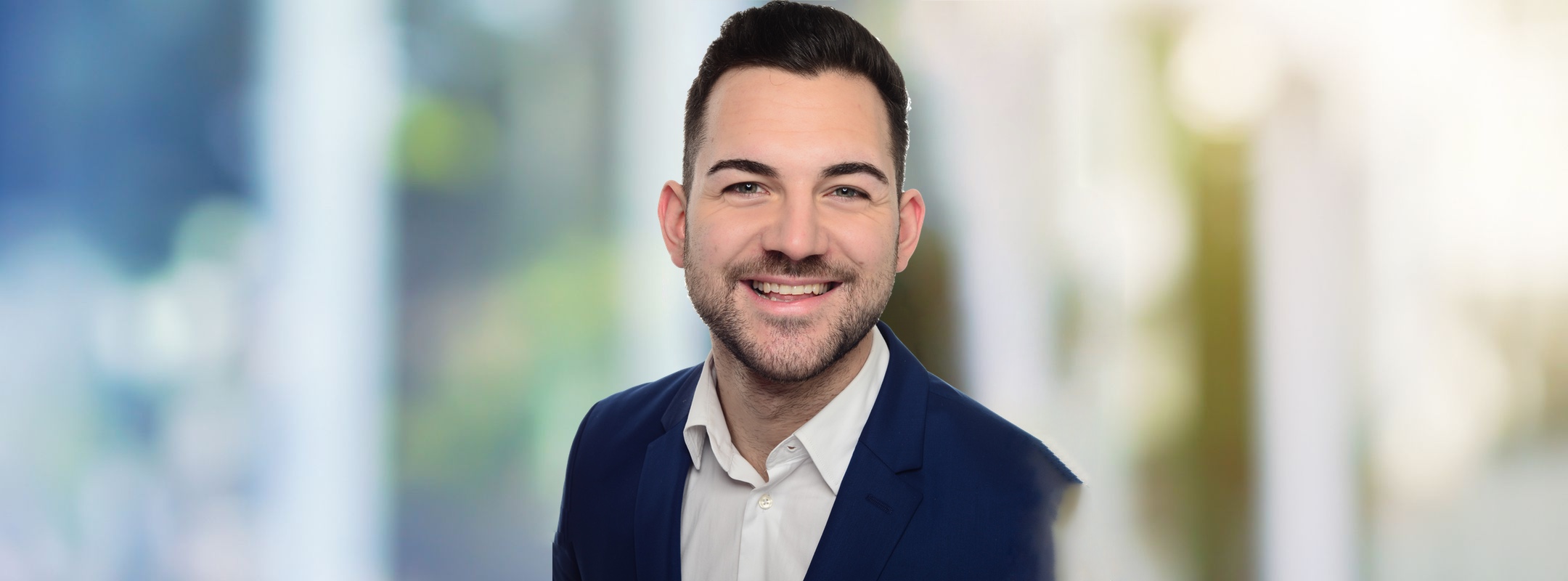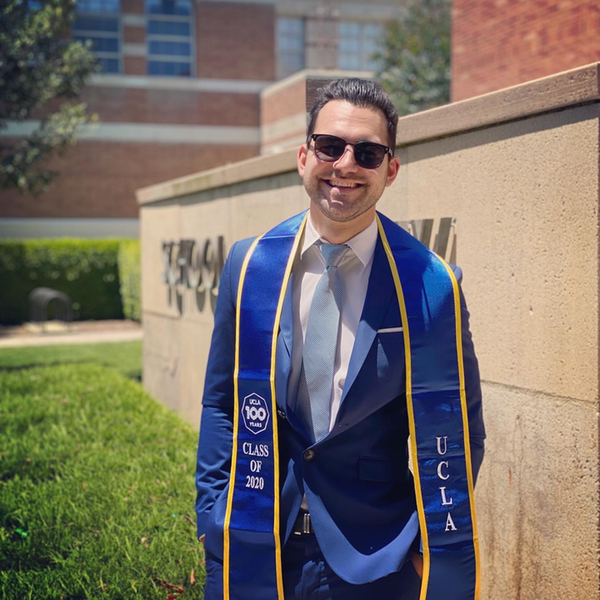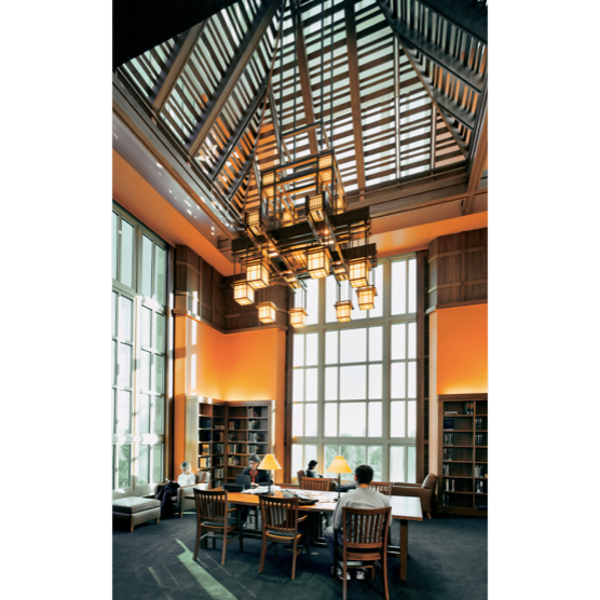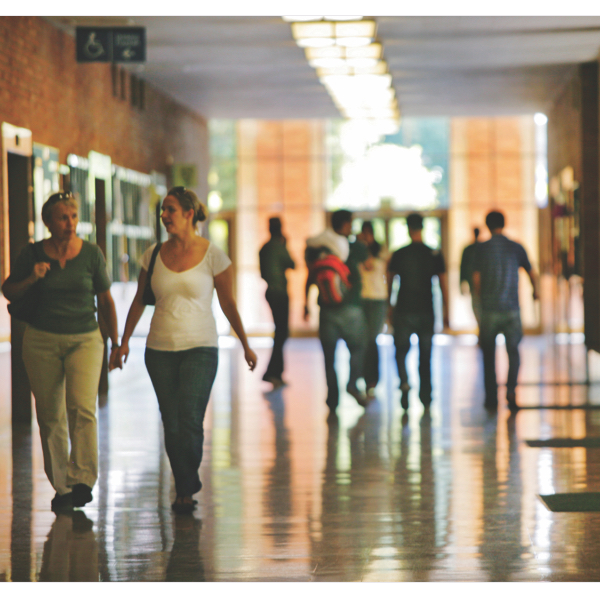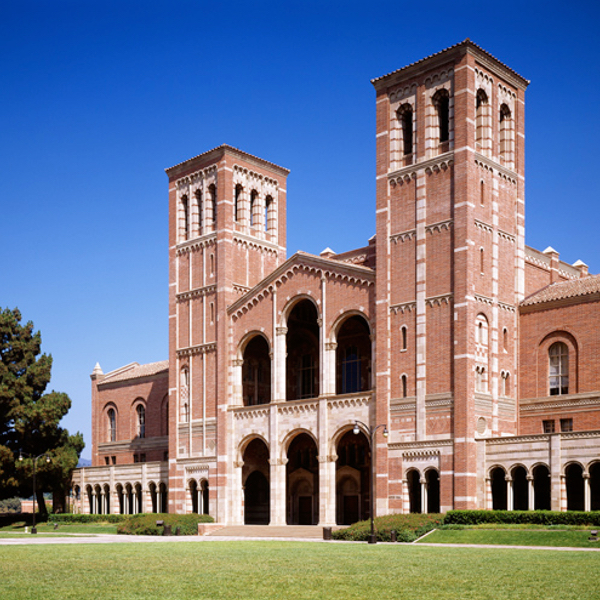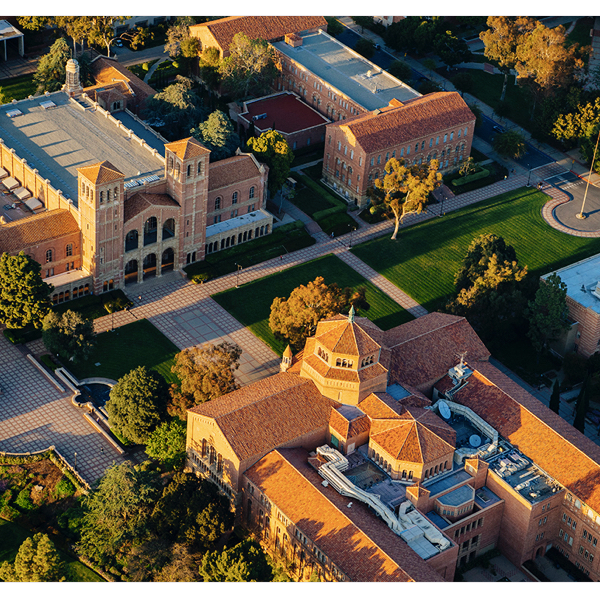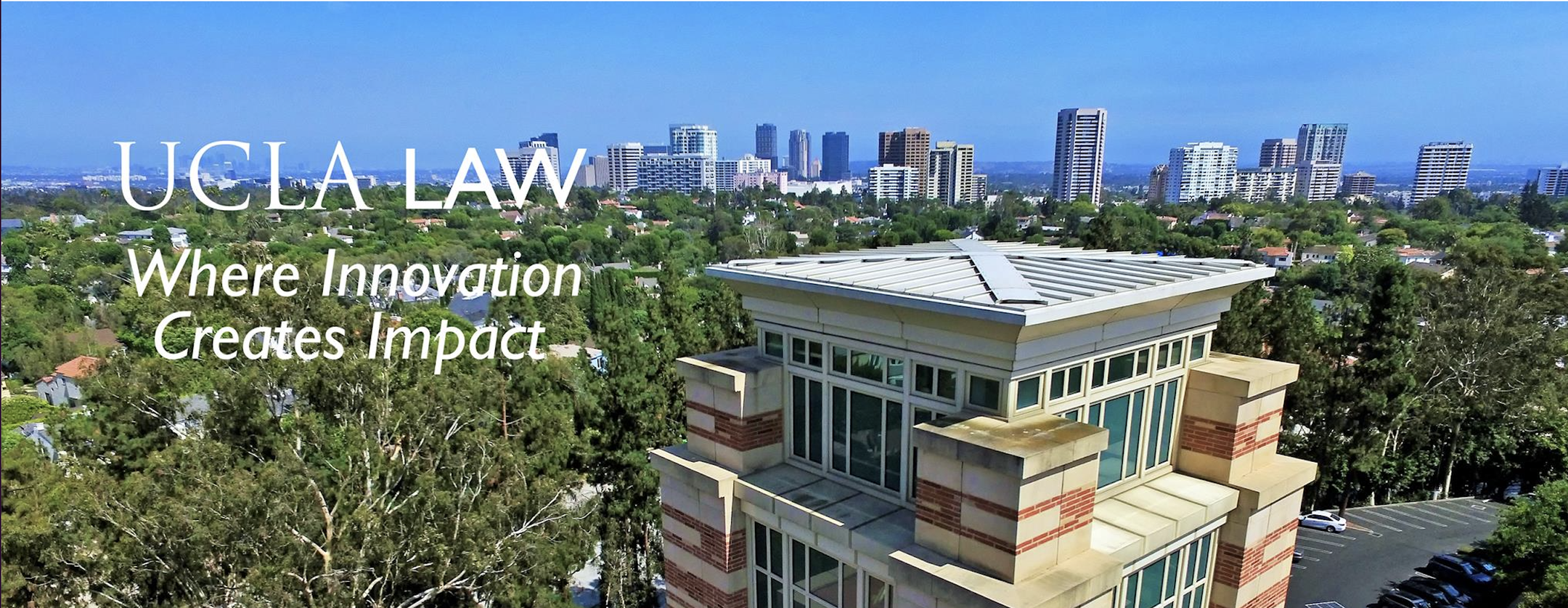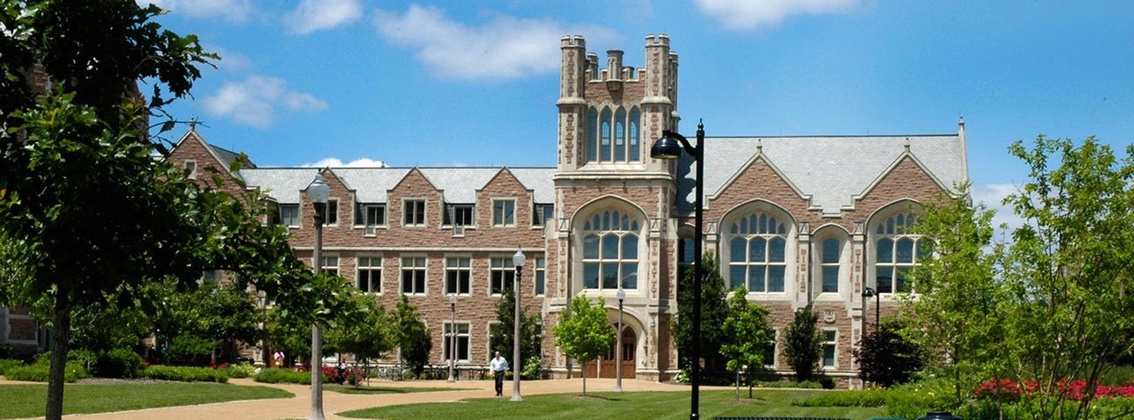Michael Pasternak earned his first law degree at the University of Hamburg in Germany. Prior to pursuing his LL.M., he worked in the Hamburg office of Freshfields Bruckhaus Deringer LLP for eight months. While at UCLA, he focused his studies on Media, Entertainment, Technology and Sports Law (with a particular emphasis on intellectual property and sports law). Upon graduation from UCLA, he returned to Germany to clerk for the Higher Regional Court of Celle.
Michael, what first comes to mind when you think about your LL.M. at UCLA?
Even though in Europe it is still considered a niche market in the legal arena, “Sports Law” is a valid and rather large legal and financial market, which makes it an appealing career path for young lawyers (and oftentimes for sports enthusiasts as well). As an American Football player and lawyer (jurist), I was always interested in and fascinated by the unique U.S. sports industry, which has its own legal and economic framework that can’t be compared to the sports systems established in Germany or Europe more broadly.
From college football to the draft and franchise systems to established financial fairness rules such as salary caps, the U.S. sports system spans a wide variety of interesting topics, many of which are discussed in several interesting and unique courses at UCLA Law.
The International Comparative Sports Law class for instance, taught by Prof. Steven Bank, offers a comparative view of different sport systems and their legal frameworks. Students are introduced to the concepts of different sporting institutions (FIFA, UEFA, IOC, WADA, CAS) and discuss a variety of interesting as well as controversial topics from the world of sports across the globe.
Another course, taught by Prof. Steve Derian, is rather practice-oriented and is designed as a clinic. In this class, students negotiate real life player contracts, endorsement deals, and broadcasting agreements. They really learn how to negotiate, research, and draft contracts within the realm of American sports. Furthermore, students learn about various legal concepts within the American league systems (especially BA, MLB, NFL), such as collective bargaining agreements, the legal position of student athletes, and more.
This was probably my favorite course during the LL.M. because I was able to work out real life deals/contracts and practitioners like the general legal counsel of the LA Dodgers, the agent of renowned players like Steph Curry, representatives of the NFL Network and an active general manager of an NBA franchise helped offer invaluable insights you won’t get anywhere else.
